
Deeply personal stories of Nigerian women written in the first person.

Wamide Animashaun - A.G. Leventis Foundation Scholarship
I was fortunate to have strong mentorship and guidance throughout my application process. Three previous Leventis Foundation Scholarship recipients were in my network, including my own sister.
This made it easier for me to envision myself in the program and gain insights into the application process. I focused on crafting a strong and authentic application - highlighting my academic achievements, work experience, and aspirations.
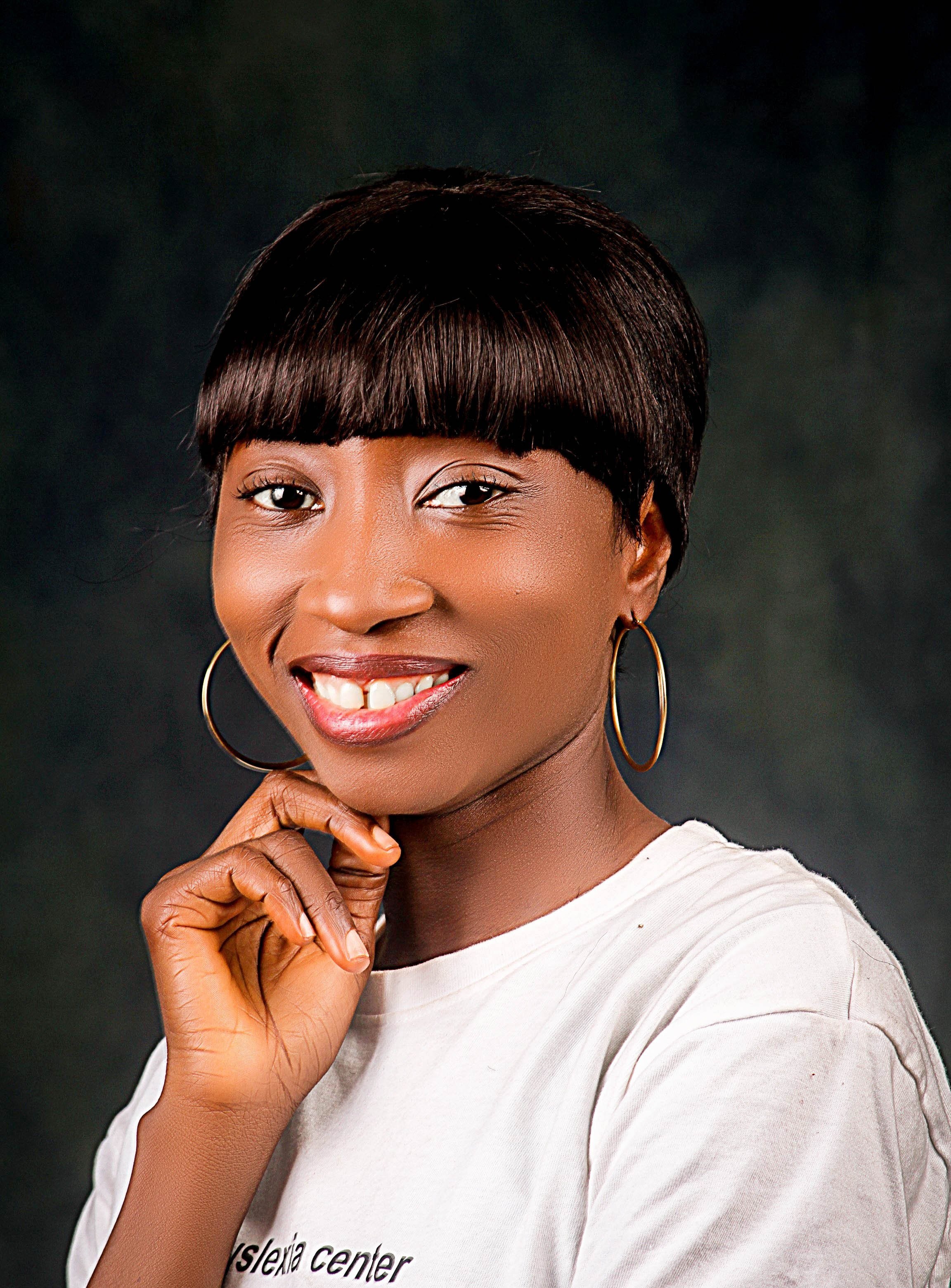
Anita Nchat Kevin - Tony Elumelu Foundation Entrepreneurship Programme
I applied twice without success, but on my third attempt, I took a more strategic approach. I reviewed past application questions, revisited my notes from the information session I had attended, and sought guidance from David Galadima, one of the organizers of that session.
I carefully waited for the application period, and as soon as the link was released, I filled out the questions promptly. To strengthen my submission, I went back to David, who mentored me through the process, providing valuable insights. This preparation allowed me to submit my application very early - within the first week of the call for applications - which I believe contributed to my success.
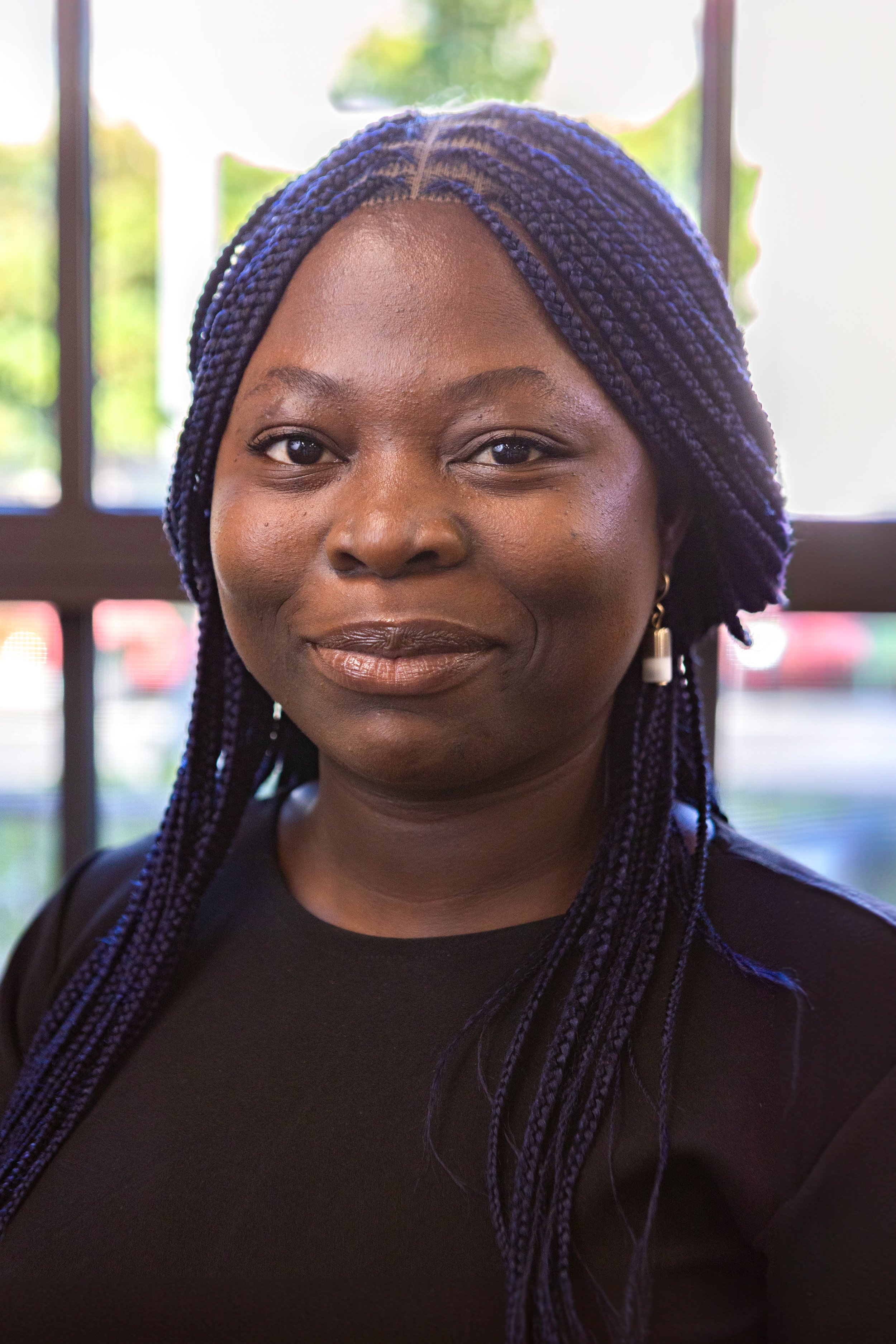
Oluwadamilola Akintewe - Salzburg Global Internship
I was never really worried about my qualifications. The only thing that I thought might be a disadvantage was that I didn’t have a master’s degree (the application form in the year that I applied stated that master’s degree students would be prioritized and I only had my bachelor’s in law). For other criteria, I had them locked in. In the past, I’ve done similar work in relation to the role I applied for (communications). I shot my shot at the opportunity, hoping my background was enough. It was.
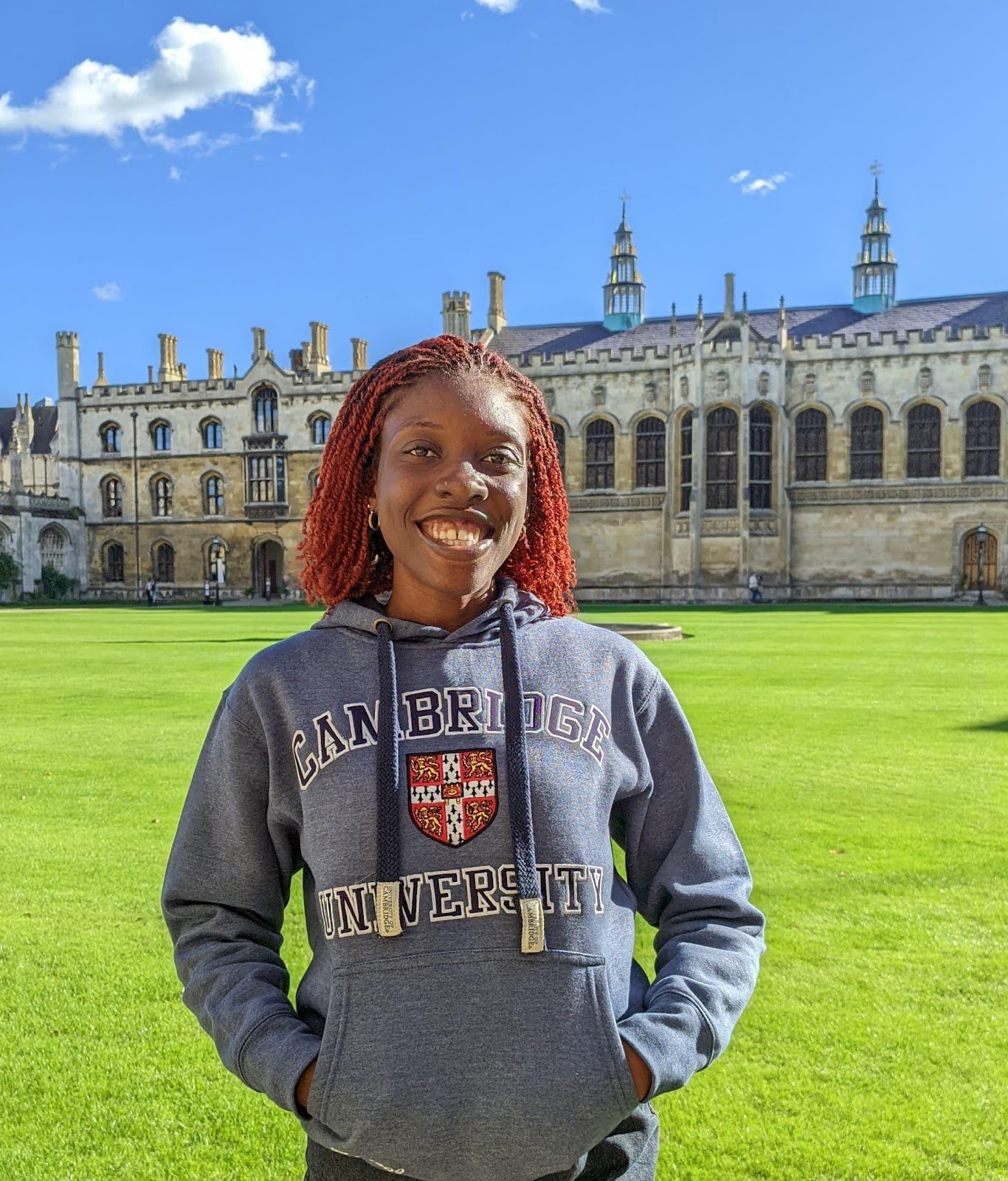
Kaitochukwu Chukwudi - University of Cambridge Mastercard Foundation Scholarship
However, God had other plans. I randomly saw the Mastercard Foundation Cambridge Scholarship Application, and while checking its eligibility requirements, I decided to be a little delusional and apply. One of the major reasons I applied was that my current program aligned perfectly with my interests and was going to give me the necessary exposure. Also, I met the eligibility requirements, so why not?
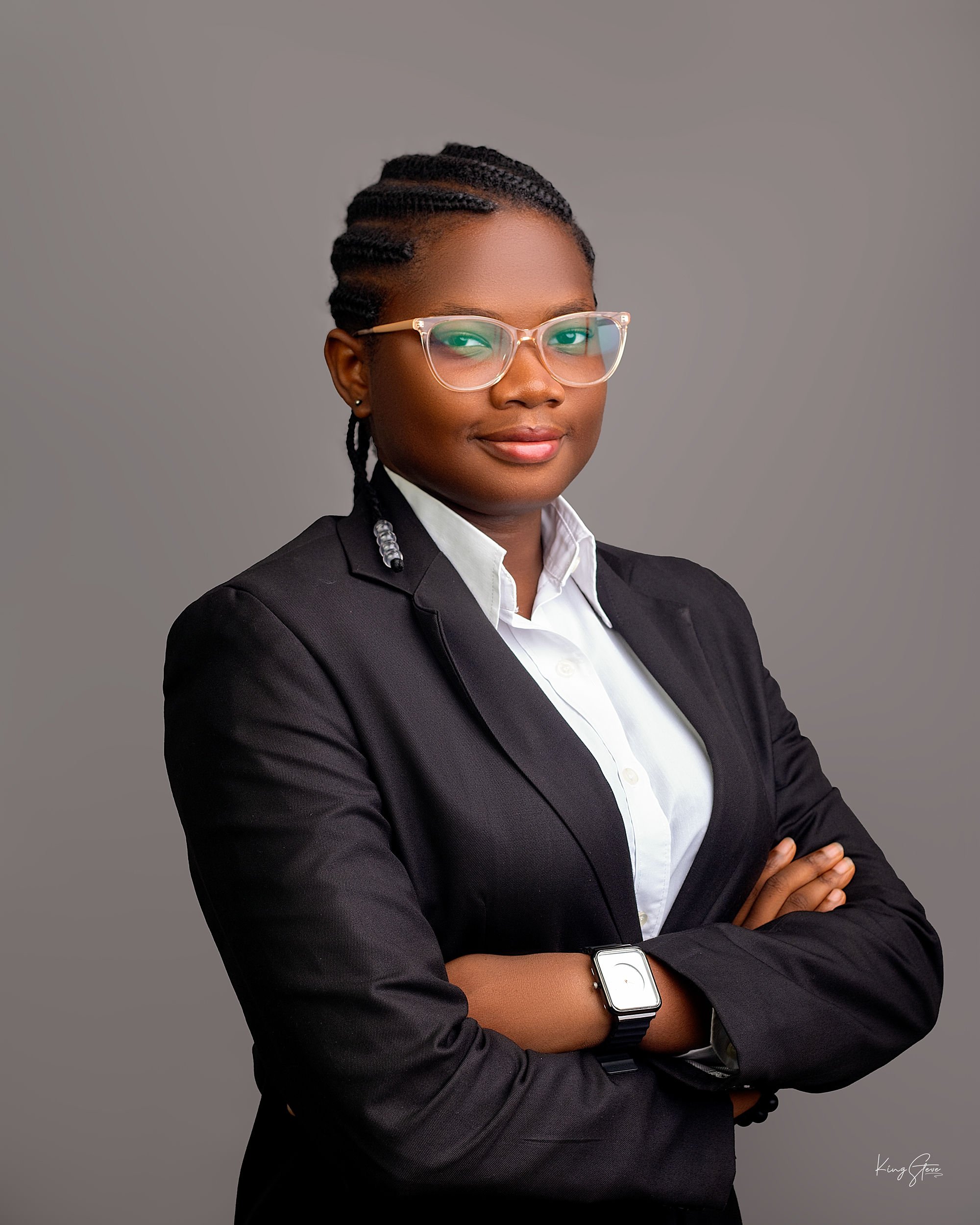
Favour Obijole - Bank of America Summer Internship
I wanted to be at the heart of facilitating deals on a global scale. In terms of the steps I took, I networked a lot and reached out to investment banking analysts and associates at different global banks, as well as previous summer analysts to understand the industry and how to position myself.
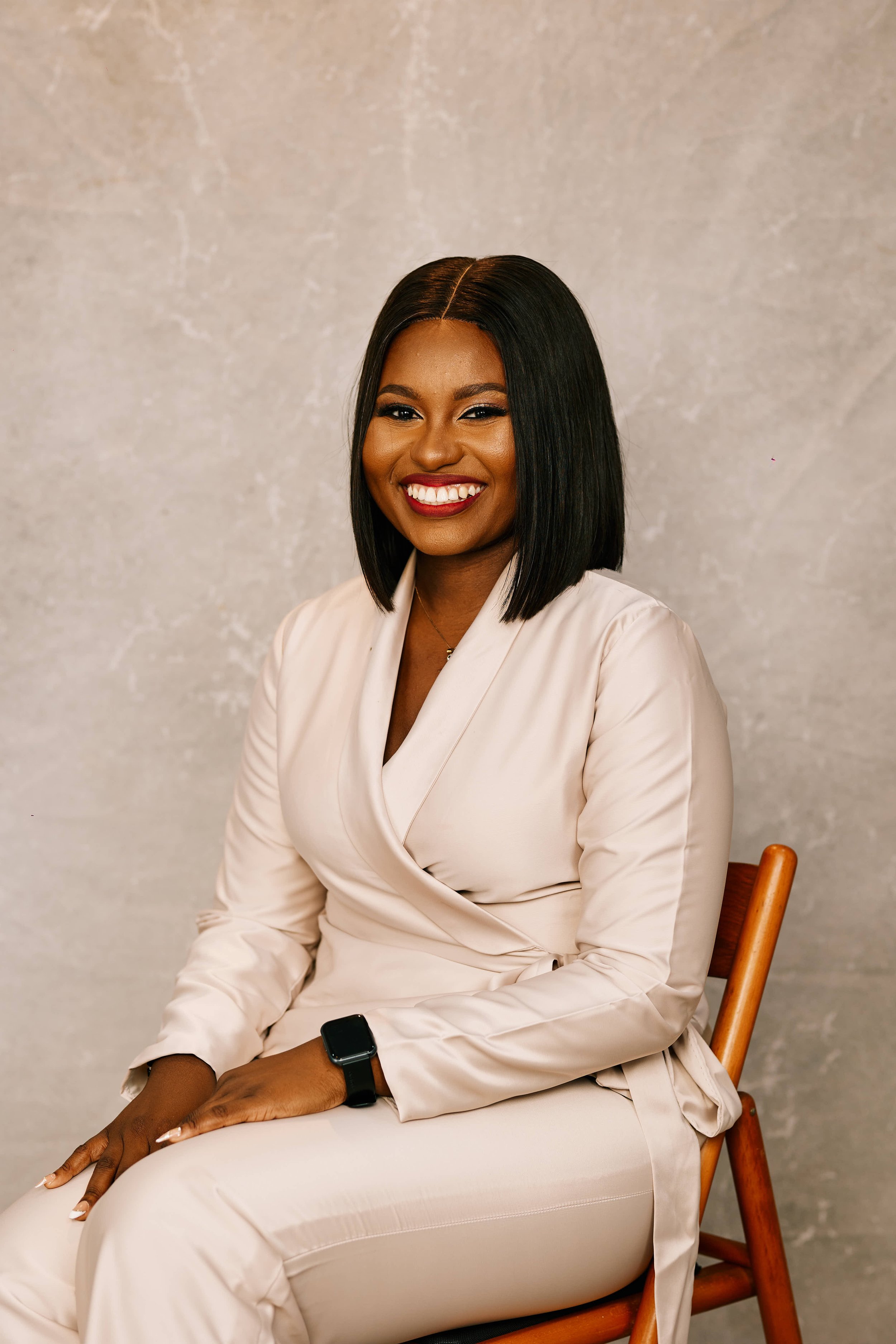
Jewel Owolana - Linklaters Africa Clerkship
It was not my first rejection, I had my fair share of painful rejections in 2020, so I moved on with life and resumed at the Nigerian law school. A year later, during my law school externship, the application cycle opened again. This time, I made up my mind to be more intentional about the application. B.O, (someone I respect so much and who runs this amazing podcast and online career development community) had posted something on Instagram that said “How badly do you want it? Then, go for it”.
That really stuck with me. I had some thoughts about why I didn’t get in the first time and decided that if I really wanted this opportunity, I would have to put in the work. I figured out that I did not fully understand the Watson Glaser test (WGT), which was one of the assessments in the application process. Bar exams were months away and I needed to study for that too, so, I came up with a plan — I would dedicate 2-3 hours for two weeks to heavily prep for this and no more. I searched the internet for every free resource I could find on the WGT. I watched a lot of videos on YouTube. I also paid for a practice website and practiced till my scores were very high. I dare say I practiced it more than my law school multiple-choice questions at that time. Again, I had exams ahead of me but I felt the opportunity was worth the shot.
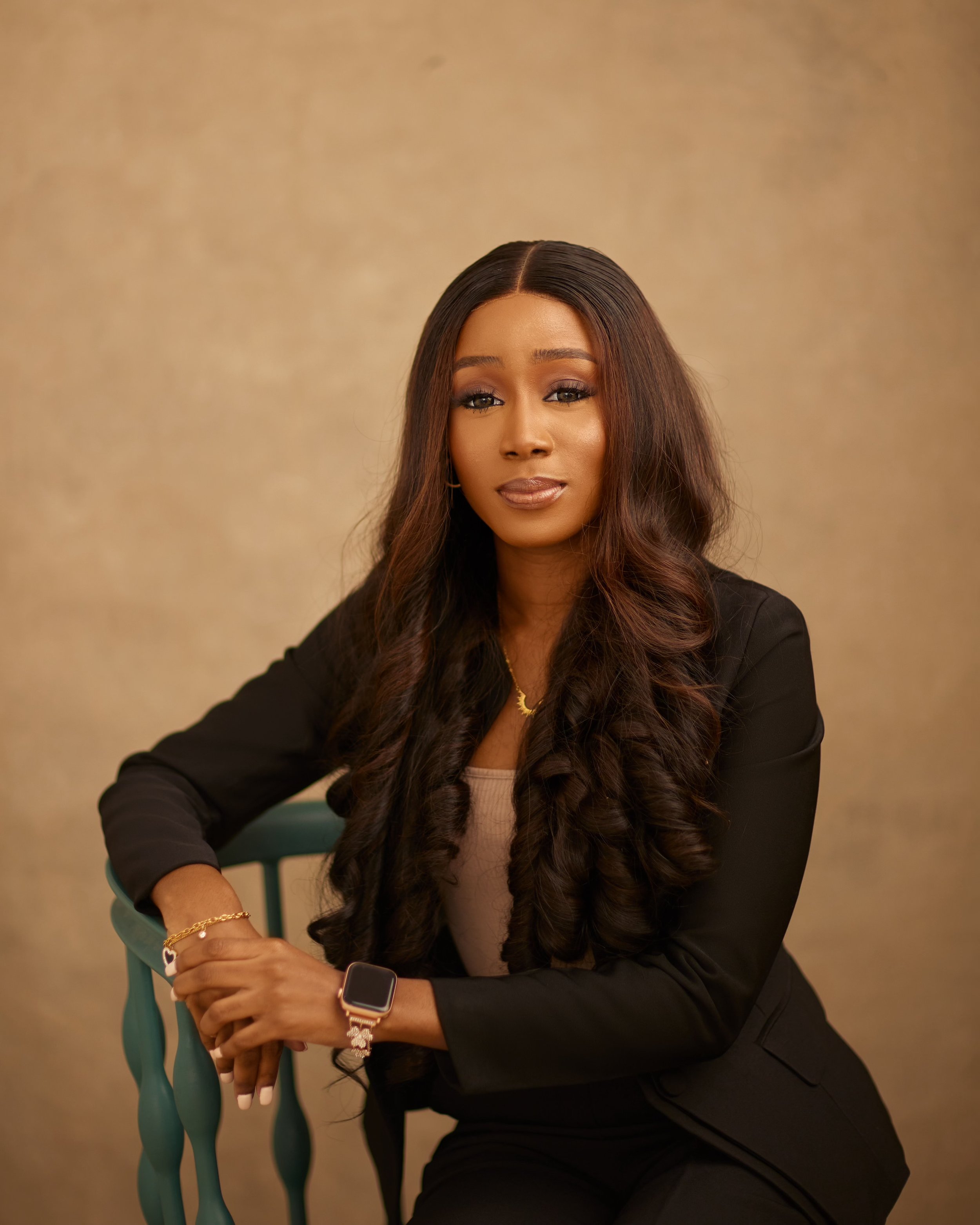
Toyosi Onikosi - The Standard Bank Chairman’s Scholarship at Oxford University
Like I said, I did not plan on applying to Oxford because I had convinced myself that it was too hard to get in – harder than the American school I applied to. Also, Oxford only took 45 students into the program and it did not seem likely that I would be among the 45. So it took a lot of time before I made up my mind to apply and then, there were difficulties along the way which made it even harder.
One was the fact that they needed my official transcripts from my university which I knew would take a while, and the letter of confirmation from my university that I had studied in English. The stress involved in getting these documents also discouraged me from wanting to apply. More so, I did not know anybody who had gotten a scholarship for that course. I knew a copy couple of people who had taken the course in previous years and all of them self-funded. I had been informed that people who take the MLF do not typically get scholarships, so there was also a question of where the money for my tuition would come from. This was another discouraging factor.
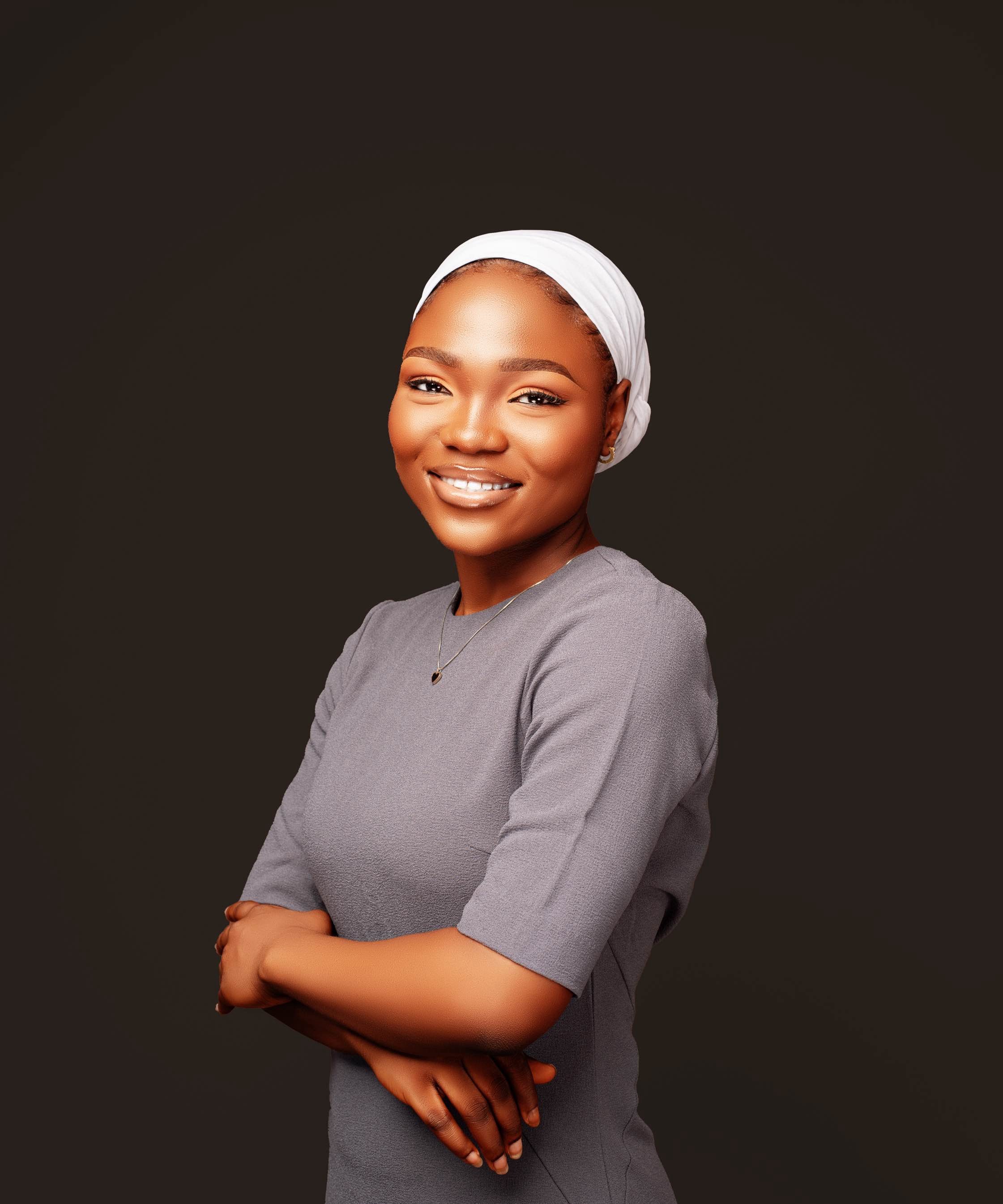
Zainab Damola Aderinale - The United Nations Population Fund (UNFPA) Internship
Personally, I have always been a resilient student. Taking professional courses and joining extra-curricular activities alongside major school activities has really helped me to develop myself over the years. Due to fewer opportunities available to Nigerian and African students, it is important that as an undergraduate, you don’t limit yourself to classroom activities. Spread your wings and explore!
Finally, there is nothing like school or education is a scam. It will all make sense in the end. The ability to not see education or school as just a place to visit but an experience that could shape your life and career can never be underestimated.
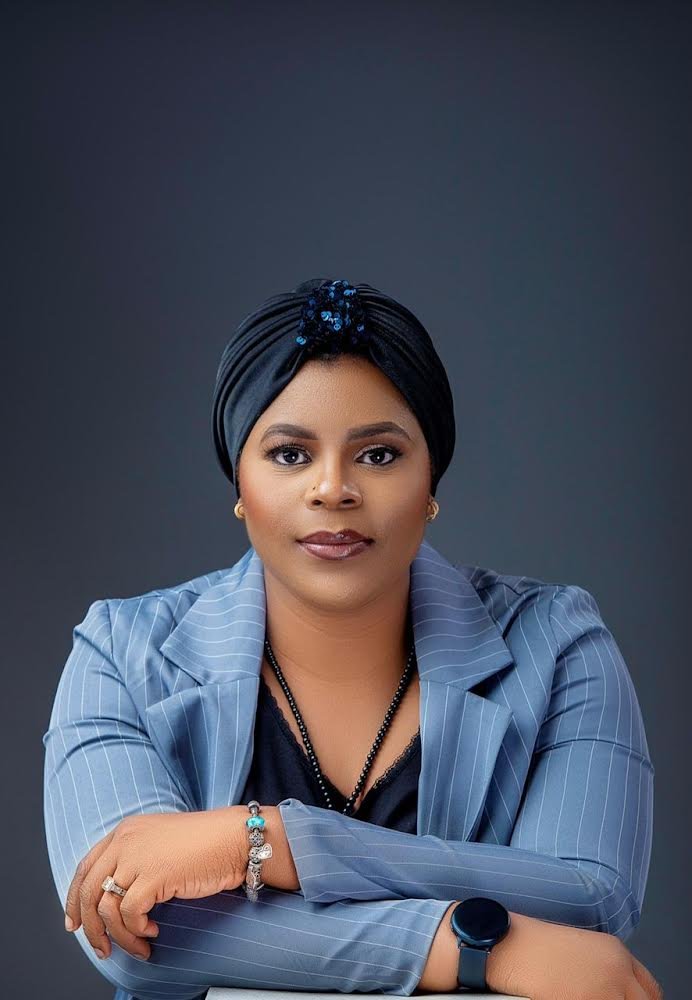
Monsurah Alli-Oluwafuyi - The Aurora Tech Award
The first thing I would recommend is to start early. This may include learning the award or program, understanding the requirements, vision and being able to identify how your startup can be positioned accordingly. Secondly is, be open-minded and take the application process as a learning moment for you and your organisation. Lastly, there is a lot to gain, in addition to or more than just winning the cash prizes.
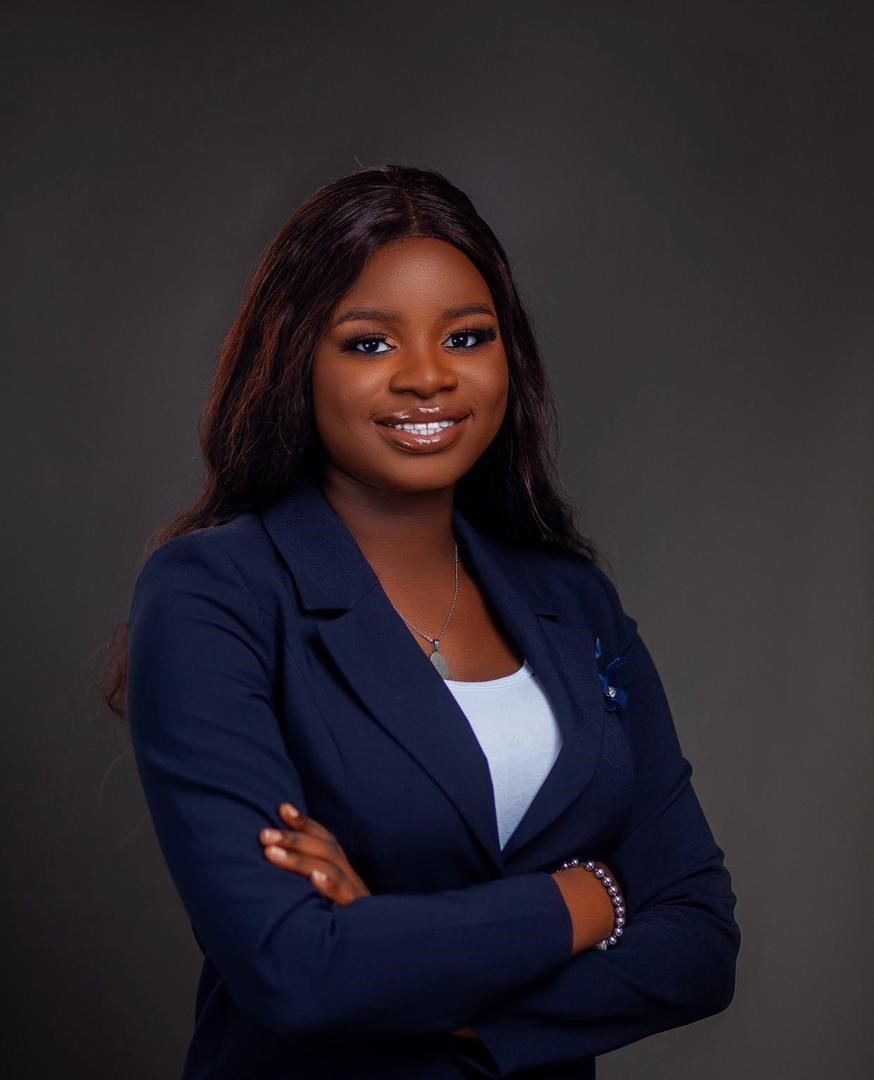
Precious Ozegbe - The World Bank Treasury Internship
Following the initial application submission, candidates are subjected to a one-hour assessment evaluating their proficiency in Economics, Finance, and Global Markets, and their grasp of the World Bank's mission. Subsequently, an interview with the team ensues, which, based on my experience, proved to be one of the most relaxed interviews I have encountered. The key to success in this phase is to effectively convey genuine interest and relevant skills. Additionally, it is highly advisable for every applicant to meticulously peruse the descriptions of the 16 teams within the Treasury and identify their preferred teams. For your convenience, you can access both the CV and Cover Letter templates on the World Bank Treasury website.
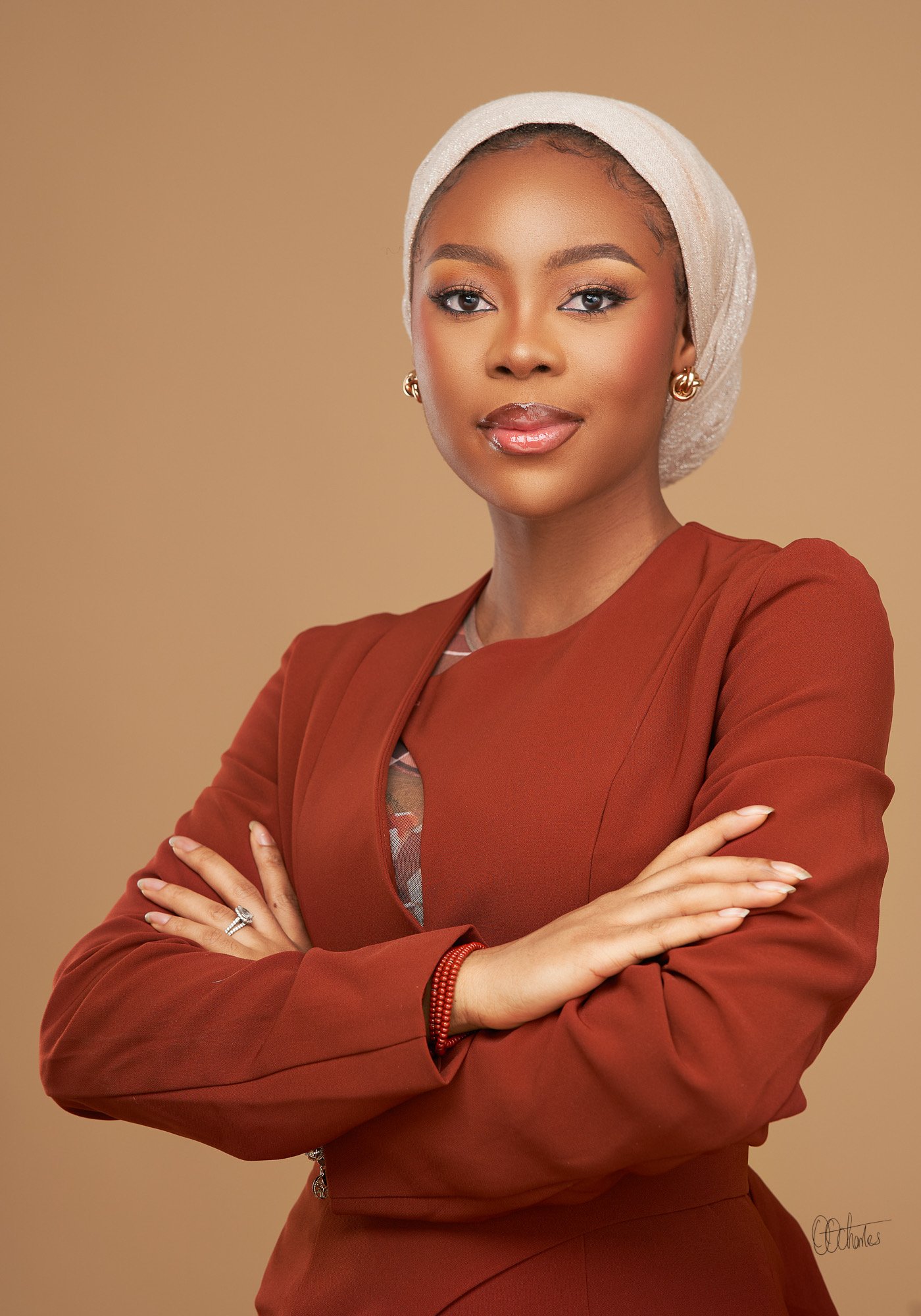
Nabila Okino - The Fletcher School Leadership Program for Financial Inclusion
I was inspired to apply for The Fletcher Leadership Program for Financial Inclusion (FLPFI) because of the intersection of my current role as a policy analyst for a financial regulator and my background working on social and development issues. The FLPFI presented an exciting opportunity to bridge my experiences in financial policy and development and work towards creating policies that can improve people’s lives.
Preparing for the opportunity was quite interesting. For me, a lot more mental preparation was needed. Many of the program's alumni and applicants have extensive backgrounds in the financial sector, which initially triggered feelings of imposter syndrome. My first thought was that I wasn’t going to get it because I am relatively new in the sector. I had to overcome these doubts and muster the confidence to submit my application.